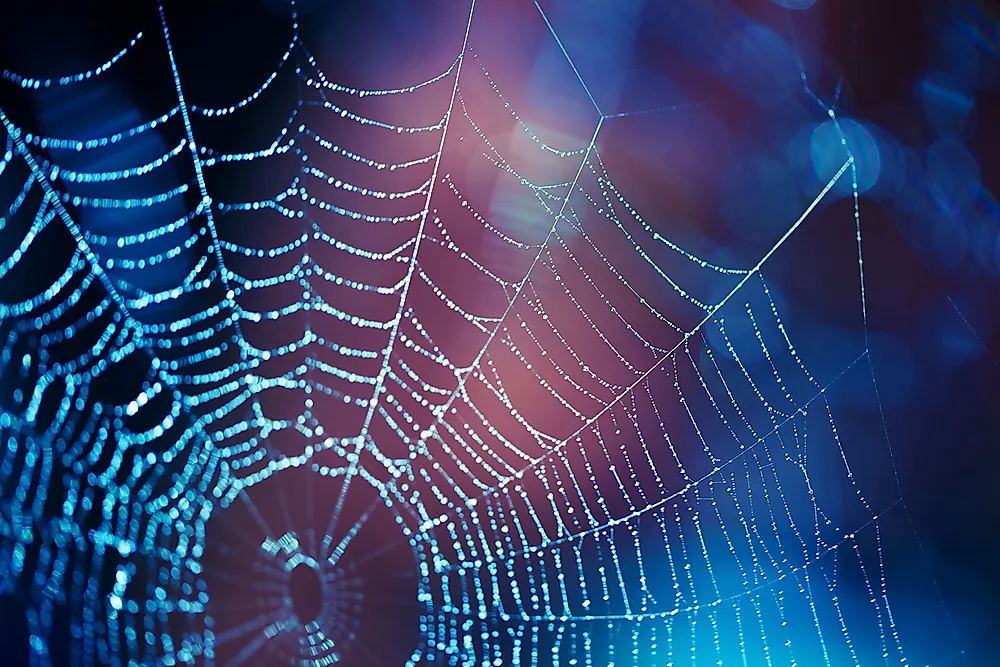Are Spiders And Scorpions Insects?

Spiders and scorpions are not insects but instead belong to a class of animals known as arachnids. However, like insects, spiders and scorpions belong to the arthropod phylum. Insects have three body segments, which are the abdomen, thorax, and head, their bodies are covered by a chitinous exoskeleton, and they have three pairs of legs that are jointed. Insects also have one pair of antennae and compound eyes. Additionally, insects are the largest group in the animal kingdom, with than a million identified species. In fact, insects account for more than half of all living organisms, nearly 90% of all animal life on Earth are insects, and the total number of extant species is estimated at between 6 and 10 million. Insects exist in almost all environments, although very few are found in the world's oceans.
Spiders
Spiders are arachnids that have two body segments, which are the abdomen and cephalothorax. Most species of spiders have eight eyes, although some have fewer. A spider's stomach, mouth, fangs, and legs are all located in the cephalothorax. They also have pedipalps, which are appendages located near the fangs that help the spider hold the prey when biting. A spider's abdomen is located near the back of its body, as well as the spinnerets glands, which produce silk-like material used to make webs. The body of the spider produces oil so that it does not to stick to its own web. Spiders have eight jointed legs that are covered with hairs to help feel vibrations and sense its surroundings. More than 30,000 species of spiders have been identified, some of which are poisonous.
Scorpions
Like spiders, scorpions are arachnids that have two body segments. There are more than 1,700 species of scorpions, and all have a venom sting. However, only 25 species have venom capable of killing humans. Scorpions are among the arthropods with the longest lifespan. Some insects have a lifespan of only a few days, and others few weeks or months, but scorpions in the wild can live between two and ten years, and up to 25 years in captivity. It is also believed that scorpions evolved more than 300 million years ago and have remained relatively unchanged. Scorpions can live for an entire year without food because they have low metabolic rates. They can also stay submerged in water for up to 48 hours, and require only one-tenth of the amount of oxygen needed by insects.
Spider and Scorpion Venom
The venom of spiders and scorpions are of interest to scientists for various reasons. For example, no insect is known to have developed immunity to the venom of the Australian funnel-web spider, which is highly toxic, yet the same venom is harmless to vertebrates. As a result, scientists are investigating the possibility of developing a pesticide from its venom, as funnel-web spiders thrive in captivity and are easy to milk. Similarly, scorpion venom has shown promising results in the treatment of cancer. Different experiments have shown the venom can inhibit the growth of about 38 different types of cancer cells while showing no harmful effects on healthy cells.











